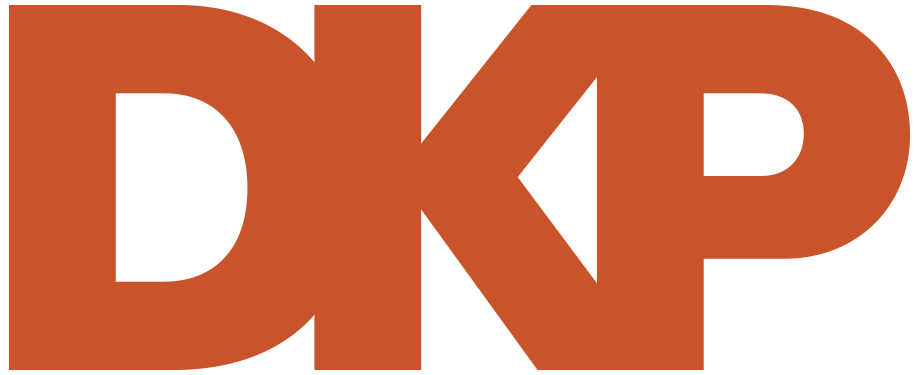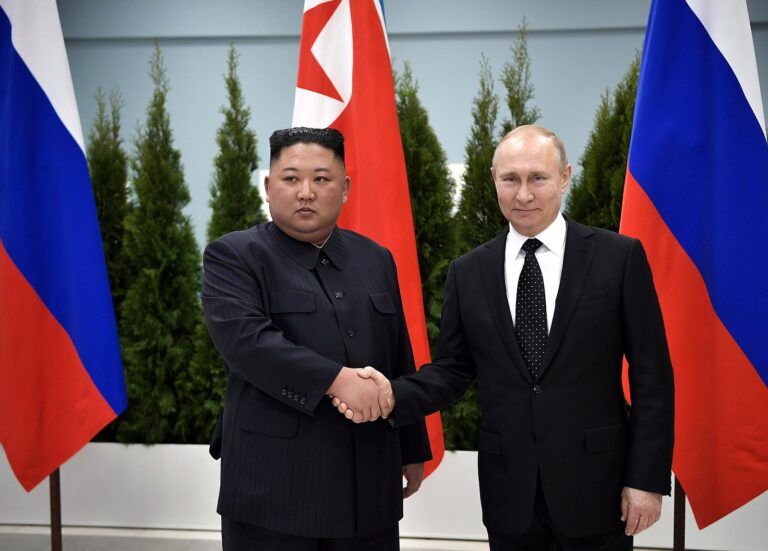IN BRIEF: JUNE 21, 2024
Stories from the past week relevant to the threat from authoritarian powers and strategic corruption – and efforts to respond.
Next EU sanctions package set to drop, targets Russian natural gas but leaves enhanced due diligence on the cutting room floor:
The 14th EU sanctions package is expected to be formally passed early next week, having been agreed Thursday 20 June by member countries. Notably, if approved, the package will ban transhipment of Russian liquified natural gas (LNG) through European ports (although not, crucially, its import for consumption in Europe). The move, while hardly a death knell for Russian LNG exports, will certainly raise costs by forcing Russia to ship most of its LNG destined for Asian markets through the difficult Arctic route, requiring specialized tankers for most of the year, rather than via European ports. Several Russian LNG projects, including reportedly LNG 2, are to be targeted with sanctions, and the package will also target the Shadow Fleet of illicit tankers. Notably, however, proposals to require EU companies to contractually prohibit third-country entities from re-exporting their products to Russia were dropped from the package under German opposition.
Putin visits North Korea, highlights resistance to sanctions:
Russian President Vladimir Putin landed in North Korea on Tuesday for a surprise visit, the first in decades, aimed at deepening relations between the two authoritarian countries – and securing further Russian access to much-needed North Korean ammunition stockpiles. The visit culminated in a mutual defense treaty Wednesday signed by Putin and North Korean Supreme Leader Kim Jung Un. In a statement released on Russian state media hours before the visit, Putin asserted that the two countries would work together on mechanisms to overcome international sanctions. Not mentioned by either side are UN sanctions and resolutions against North Korea to which Russia is a signatory. Russia appears to have violated a cap on oil deliveries to the Hermit Kingdom with clandestine shipments earlier this year. Putin’s North Korea visit was followed by a trip to Hanoi, where he signed a number of memorandums regarding cooperation on non-defense issues with Vietnamese President To Lam – angering the US, Vietnam’s biggest trading partner. The visit, compounded by Putin’s statement Thursday that he might supply weapons to North Korea if the US and its allies continue to arm Ukraine, understandably angered South Korea, which said it was reviewing the possibility of supplying lethal aid to Ukraine – and illustrated the global dimensions of the escalating conflict between the “Axis of Authoritarianism” and the US-led “Status Quo Coalition” of wealthy democracies.
Ukraine Peace Summit concludes:
The two-day Ukraine Peace Summit concluded in Switzerland on Sunday, 16 June, with 78 countries signing on to a document affirming Ukrainian territorial integrity as the basis for any lasting peace. Russia was not invited, and the People’s Republic of China (PRC) did not attend. A number of countries, including key powers from the Global South – India, Mexico, Saudi Arabia, South Africa, Thailand, Indonesia, the United Arab Emirates, and Brazil – attended or observed the summit, but did not sign the communique. India and Saudi Arabia cited lack of Russian participation as their reason for declining to sign, while South Africa objected to Israel’s participation in the Summit due to its ongoing offensive in Gaza. US Vice President Kamala Harris, who was in attendance, used the opportunity to announce a new $1.5 billion aid package to Ukraine to cover humanitarian needs and help repair infrastructure – a critical need under a relentless Russian assault on the Ukrainian energy grid that has reduced its electrical output by half in recent weeks.
China drone ban passes House:
Tacked on to the 2025 National Defense Authorization Act (NDAA) that passed the House of Representatives last week was the the Countering CCP Drones Act, a bill proposed by Representative Elise Stafanik (R-NY-21) that seeks to ban the sale of drones from PRC – based drone manufacturer DJI Technologies. The supporters of the bill, which has received little public coverage but plenty of attention from drone-focused blogs, cite surveillance and data security concerns. However, there are other factors at play: DJI is estimated to control 70% of the global market in small drones, and this dominance – including in the US – makes it difficult for US drone manufacturers to compete at home and abroad. Given the growing consensus among analysts studying the war in Ukraine that small “attritable” drones have emerged as indispensable new weapons, and the fact that DJI drones such as the Mavic are used in huge numbers by both Ukraine and Russia, the fact that US industry seems to have lost a march on the heavily subsidized Chinese drone industry is extremely concerning. However, DJI and other Chinese manufacturers are already reacting to the legislation. Surveillance and security are legitimate concerns, especially for government agencies (many of which – including municipal law enforcement agencies – use DJI drones), as are allegations that DJI is involved in human rights abuses against China’s Uyghur minority. However, whether a ban on Chinese drones is the best response to the underlying problem – the uncompetitiveness of the US drone industry – is an open question.
Treasury sanctions Mexican cartel for fentanyl smuggling – and highlights role of PRC suppliers:
On Friday, Treasury Secretary Janet Yellen announced new Office of Foreign Assets Control (OFAC) sanctions on a number of individuals associated with La Nueva Familia Michoacana (LNFM), a Mexican criminal organization involved in trafficking fentanyl and other drugs to the US, along with human trafficking. LNFM is the latest in a series of gangs – succeeding the original La Familia Michoacana (“the Michoacan Family”) and Los Caballeros Templarios (“the Knights Templar”) – to have operated out of the Mexican state of Michoacan since the start of Mexico’s dizzyingly complex, spectacularly violent drug war in 2006. Notably, the Treasury announcement highlights the fact that cartels like LNFM purchase precursor chemicals and manufacturing equipment for fentanyl from entities based in China. Despite Chinese domestic crackdowns, at US behest, to crack down on Chinese chemical and pharmaceutical companies supplying fentanyl precursors (including an anti-money-laundering exchange announced by Yellen in April), Chinese firms continue to supply cartels producing the synthetic opioid, which accounts for around 70,000 deaths a year in the US.
Stoltenberg at bat for NATO against Russia, China in Washington, Rutte on deck:
With preparations for the NATO summit next month in Washington ongoing, NATO Secretary General Jens Stoltenberg visited DC and Ottawa this week on an official visit to North American capitals. On Monday, 17 June, Stoltenberg visited with US President Joe Biden, and in remarks at the Wilson Center, noted that over 20 members of the alliance now spend at least 2 percent of GDP on defense while highlighting the growing alignment of authoritarian powers against the democratic world. He in particular emphasized China’s role in enabling Russian aggression, claiming it is “fueling the largest armed conflict in Europe since World War I.” He highlighted Russia’s dependence on China for its military-industrial supply chains, noting that 90% of microelectronics reaching Russia originate in China and asserting that the alliance should “impose a cost” for its support. Meanwhile, on Thursday, news broke that outgoing Dutch PM Mark Rutte will all but certainly succeed Stoltenberg as the next NATO Secretary General after his rival for the position, Romanian President Klaus Iohannis, withdrew his bid. Stoltenberg’s term expires in October, just ahead of US elections being watched closely on both sides of the Atlantic.
US slams Houthis with additional sanctions:
On Monday, the US added a number of individuals, vessels and entities connected to the Yemeni Houthi militia to the Specially Designated Nationals (SDN) sanctions list. Notably, the Treasury announcement of the designations, on the same day as Stoltenberg made his Wilson Center remarks on Chinese material support to Russia, pointed to Houthi weapons procurement activities in China – highlighting the centrality of Chinese supply chains to sustainment of the authoritarian powers and their proxies.

